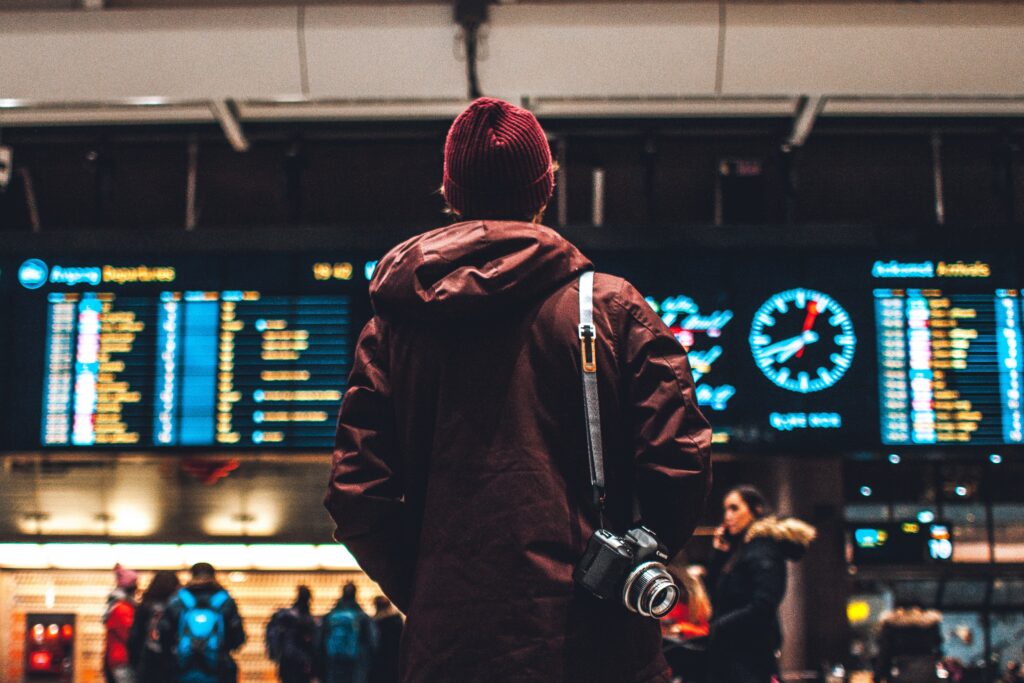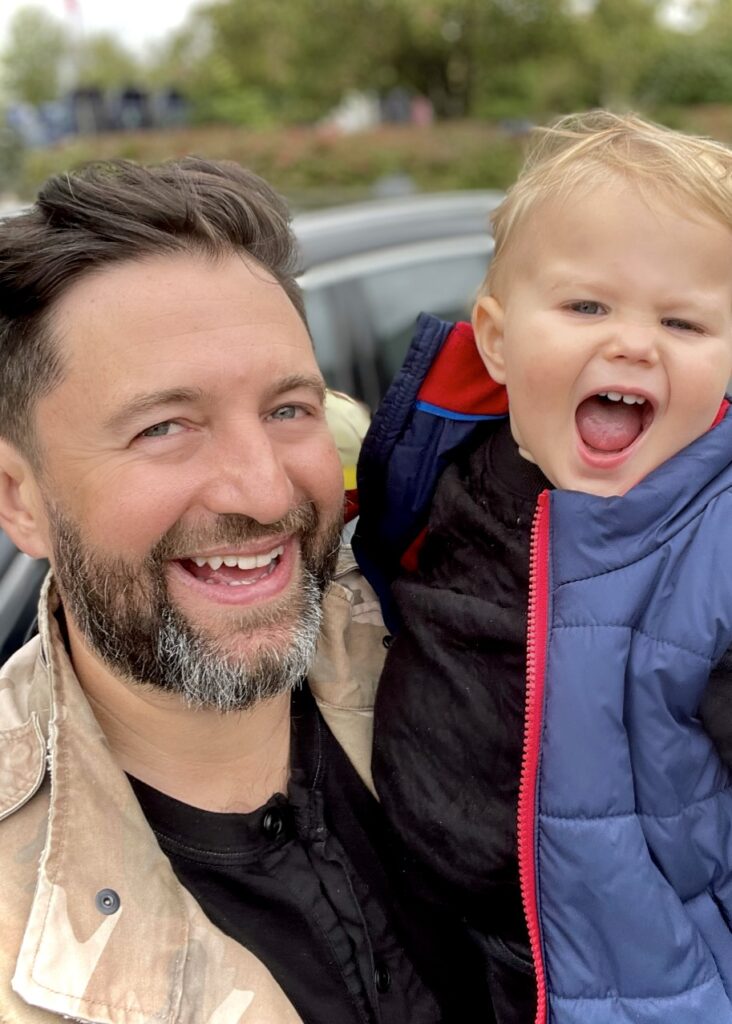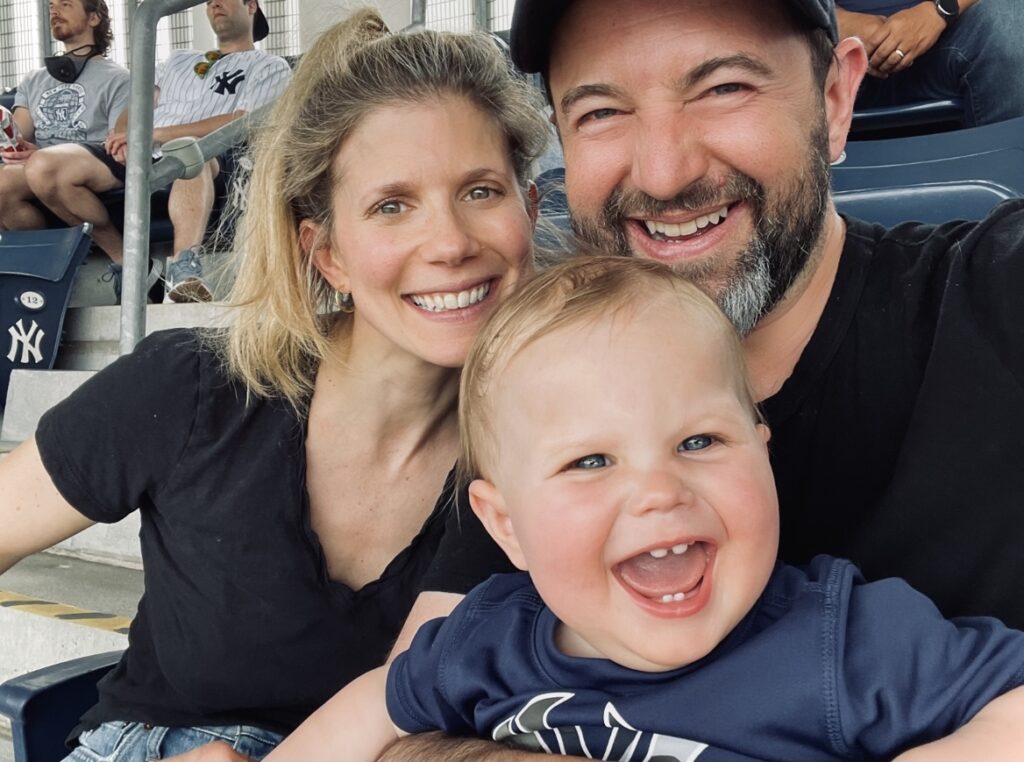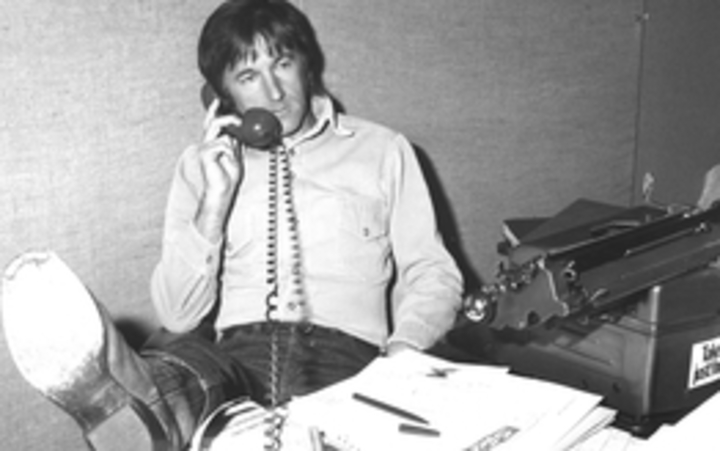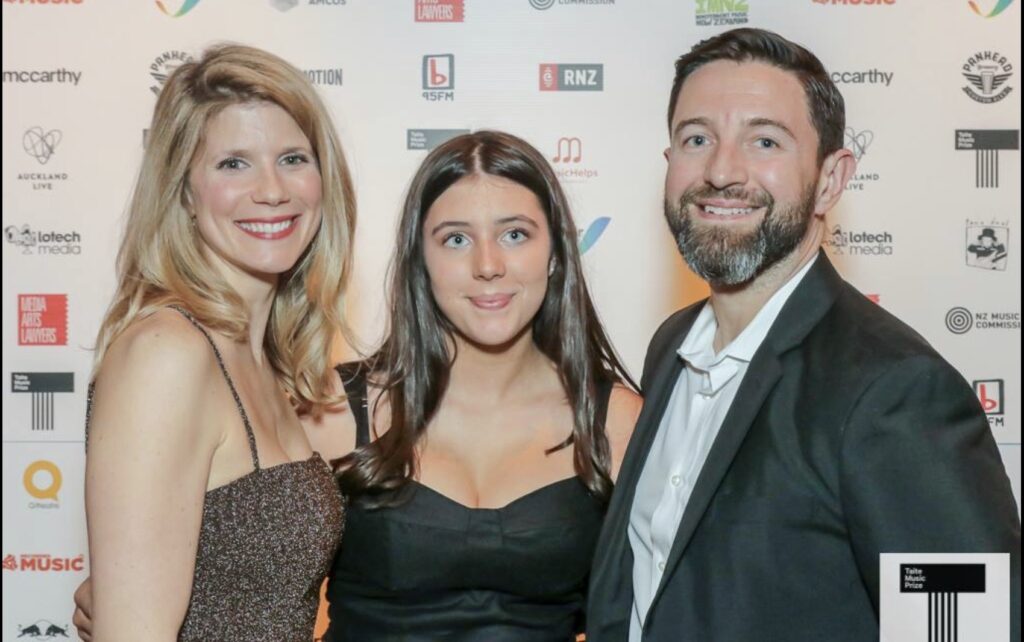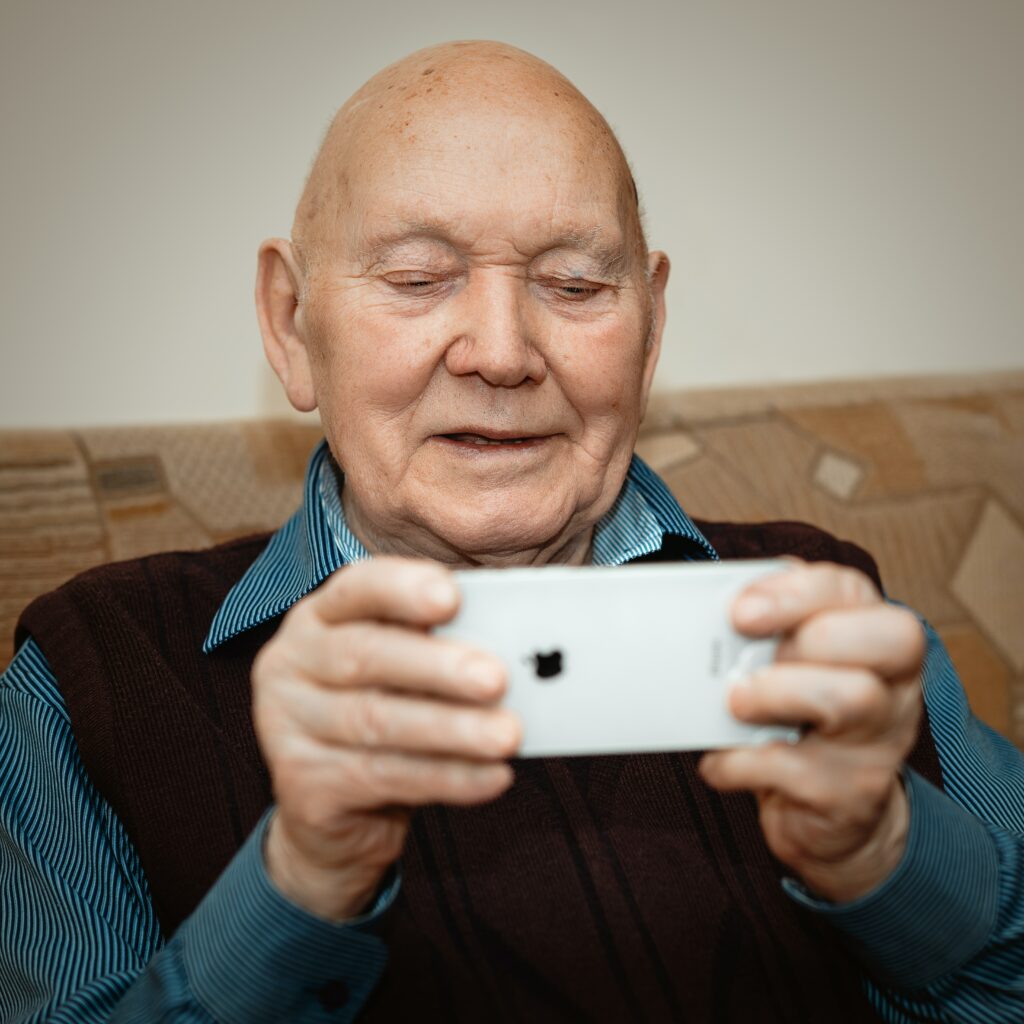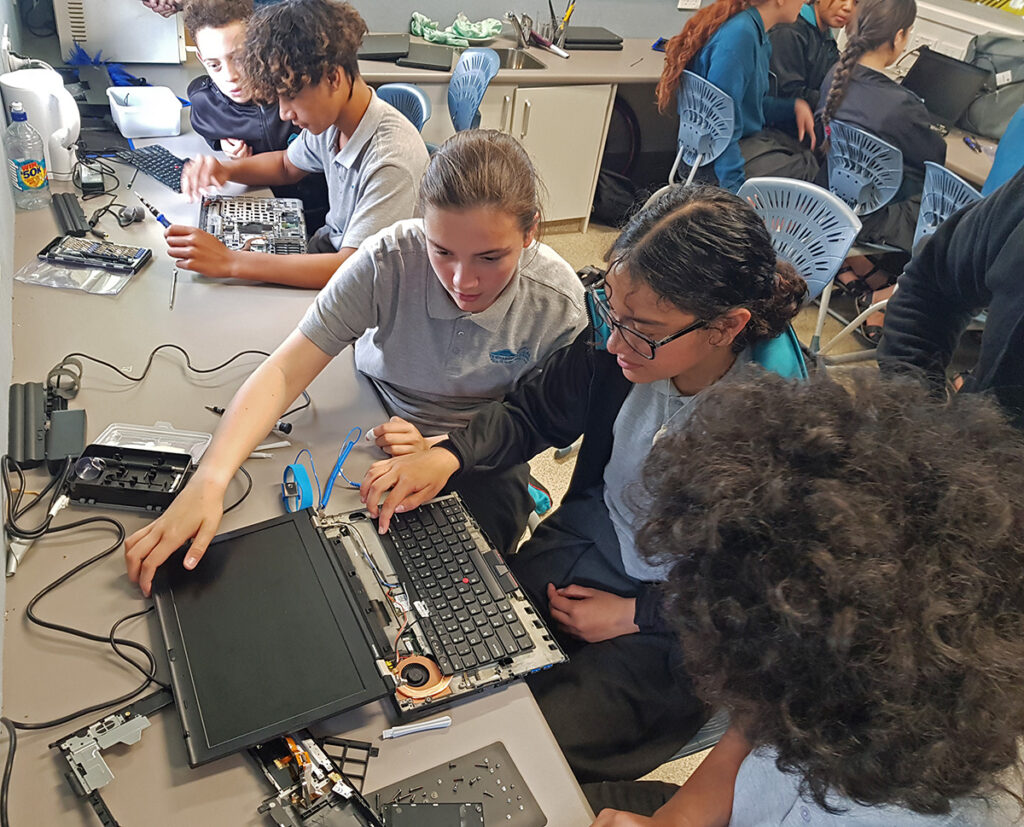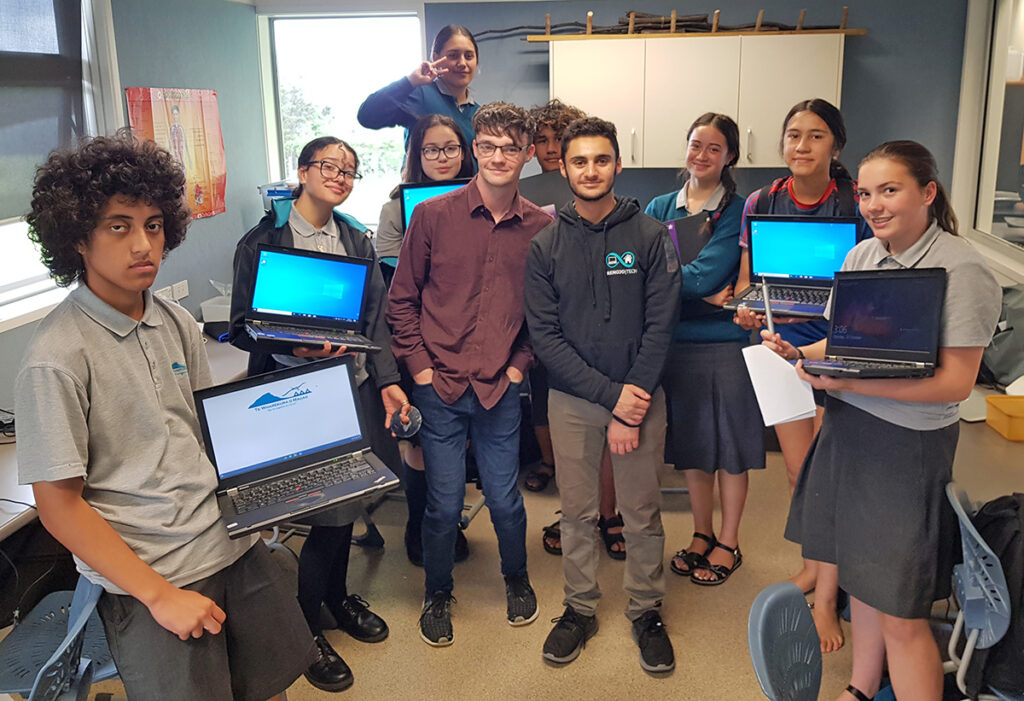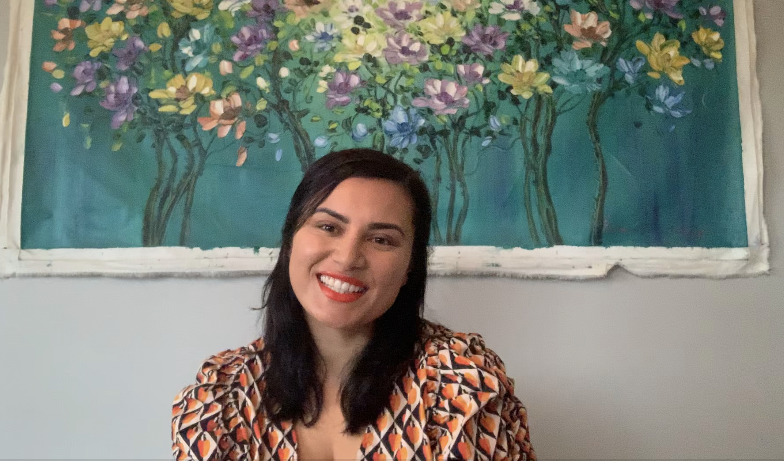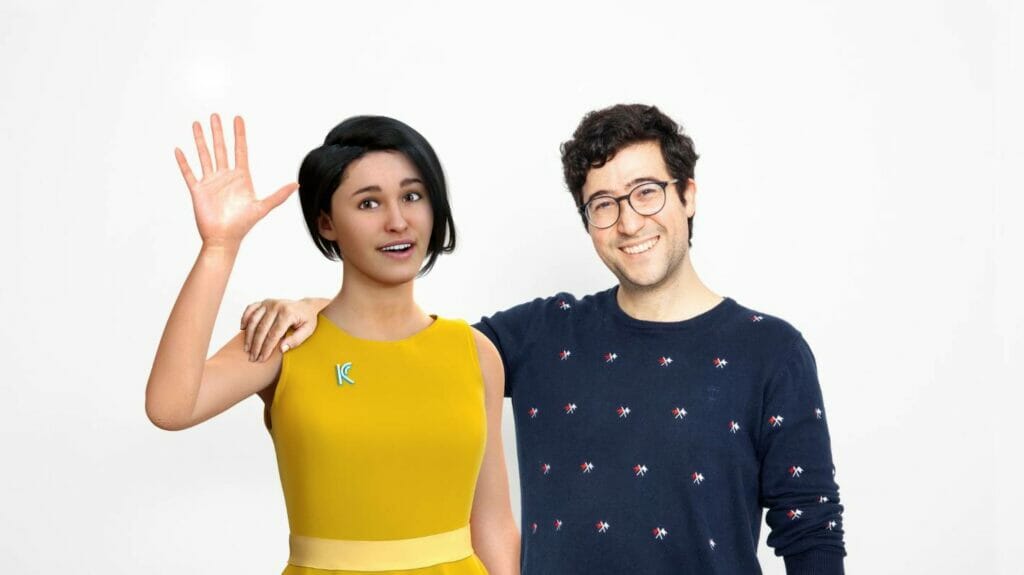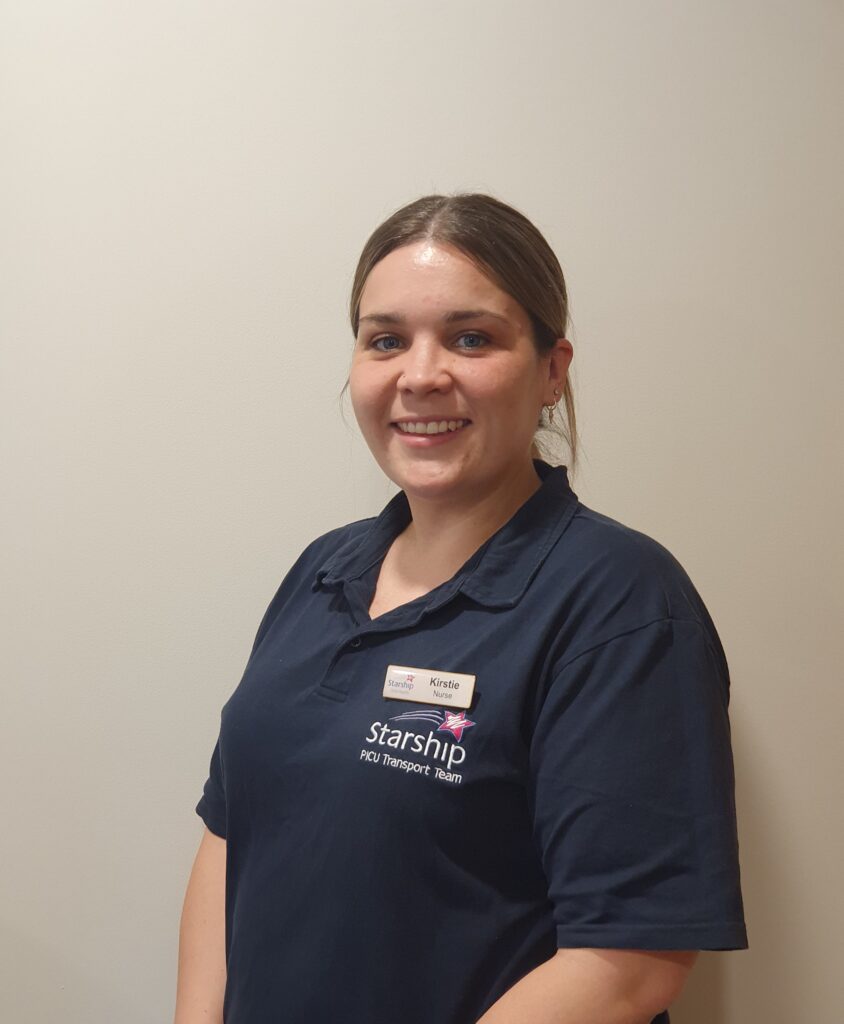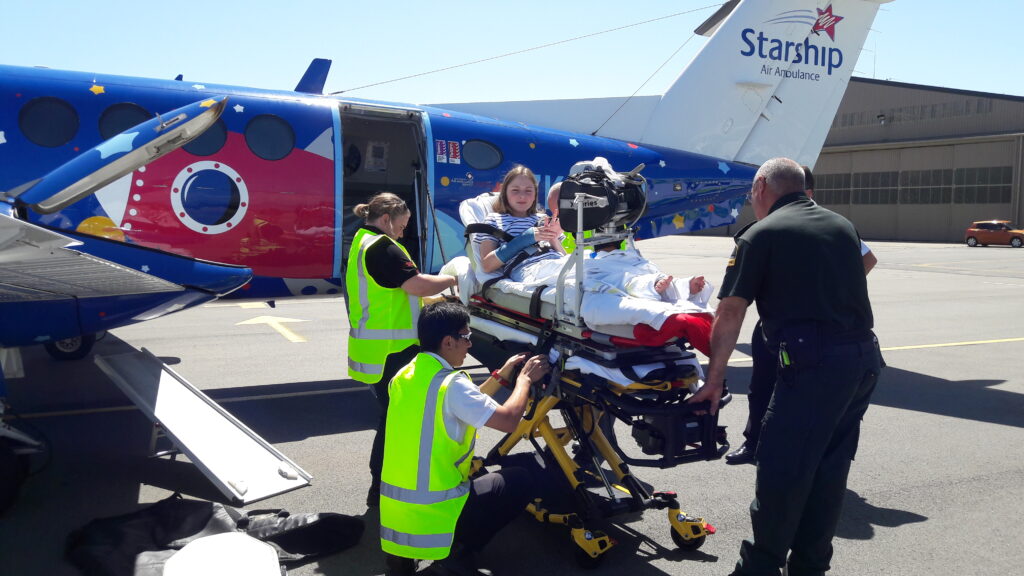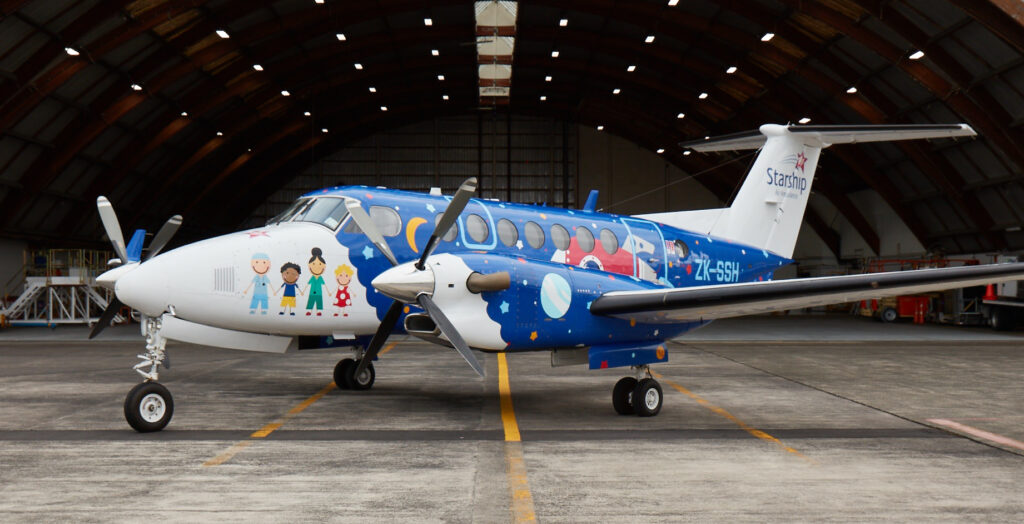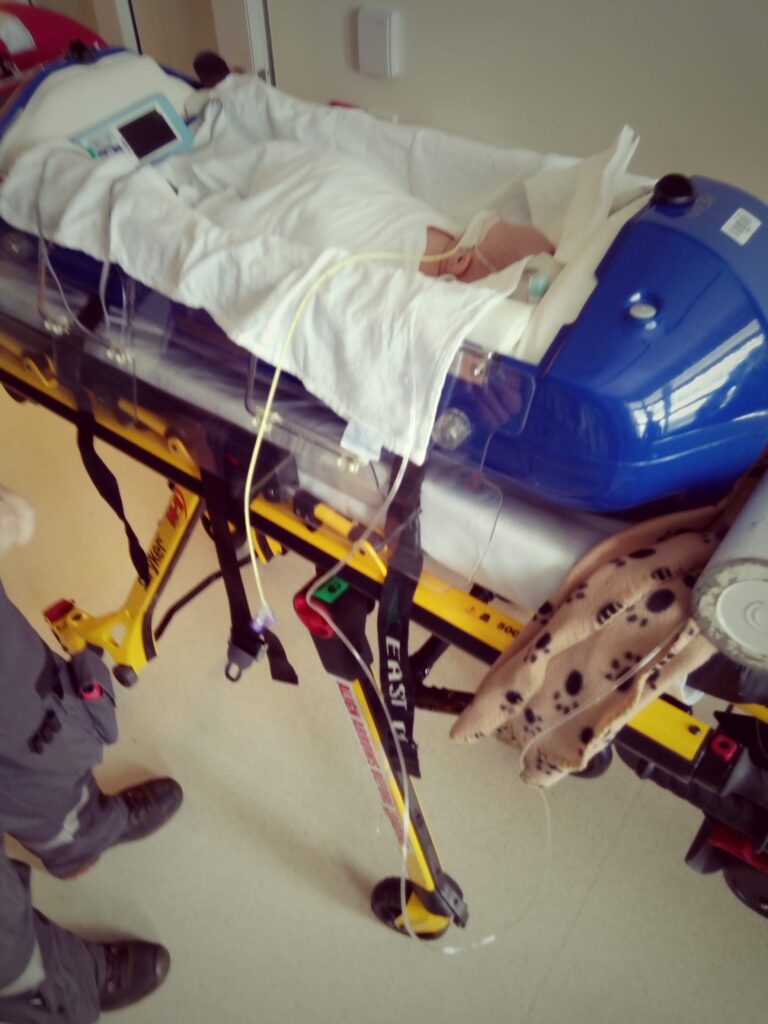Auckland born James Gemmell says he has always loved watching Kiwis perform on the world stage and being able to tell their stories to countries that admire them. But after years fronting sport for Sky UK, he was ready for his next challenge. So when independent television production company Whisper won a six year contract to produce coverage of the Black Caps cricket for Spark Sport, James jumped at the opportunity, and along with his English wife Olivia packed up and prepared to move their two young boys to Aotearoa, in the middle of a pandemic.
“I am not sure if I ever stopped and really thought about how hard it was, bringing my whole family halfway across the world. This was mid pandemic, we had two little boys. It was by no means a stress free experience, but it was an easy decision. The pinch point was probably the two weeks in quarantine that was hard, but Olivia and I knew we were doing it all for the right reasons.”
The opportunities for James’ two sons, Teddy (3) and Toby (1) were a big part of those ‘right reasons’ and while the boys are loving their new Kiwi lifestyle, James says there is always an added pressure on parents when they relocate their children.
“It’s taken an intangible toll on Olivia and I. Our inherent concerns for our boys have been heightened in the past few months. We want to make sure they are settled, to make sure they are happy. I think the displacement and the move definitely takes a toll on parents, but it’s fantastic to see them settling in so well.”
After more than a decade on camera, James was looking to transition into the business and management side of production, and had been impressed with the growth of UK-based Whisper. Global entertainment giant Sony recently invested in the company and James says it was pure serendipity that they chose New Zealand as their first international foray.
“Whisper saw opportunity in New Zealand and decided they needed someone down here serving the business in this part of the world. They felt it would be helpful to have a Kiwi at the helm, someone who knew the country and the culture and knows how things are done here. I was lucky that I fit all those requirements.”
The content creation market has exploded in recent years, and with that has come a changing broadcast model. James says this change brings exciting opportunities to engage with tomorrow’s sports fans, particularly in a country as sports mad as New Zealand.
“There is no denying that streaming is the future, it may not be the only way that people watch their content but it will be a part of it. Seeing Spark Sport and New Zealand Cricket commit to a six year partnership shows that forward-thinking organisations here are on board with this future. I definitely think you can sense the opportunity here. In my industry in particular there is as much opportunity, if not more, than I thought there would be. it’s really exciting to see.”
Like many Kiwi returning home, it wasn’t just the work opportunities but also the lifestyle that appealed to James and his family.
“It was great that we were able to move her over summer, the weather has been great and the boys have had lots of beach time. New Zealand is a vibrant country, it’s culturally diverse, it’s a little slower paced than the bigger markets, but we are past the point where we are going out and painting the town red! We can immediately see the benefit for us and our family. I think we both appreciate that if we throw ourselves into it, this will be a wonderful experience for our family.”
Jame’s wife Olivia is a personal trainer and teacher, and is in the process of launching a fitness club specialising in connecting new Kiwi and their families, many of whom will be making a life here for the first time. The ability to establish connections is important to James who says moving home has highlighted just how much New Zealand has changed.
“Auckland has changed out of sight in the last thirteen years, it’s bigger, it’s bolder, it’s more outward looking. New Zealand is going through some real demographic changes at the moment and it will be so interesting and exciting to see how things evolve as more long term expats come home.”
James and his family are looking forward to the rest of the New Zealand summer, but like many Kiwi who have lived offshore, he will always think of more than one country as home.
“My heart will always be in two places, we still have our family home in the UK and who knows what the future will bring, right now we are just going to see where this journey takes us. It’s fantastic to be in Aotearoa and with our two young boys and with all that is going on in the world we are really grateful for the freedoms and excited about this next chapter.”

 MENU
MENU


